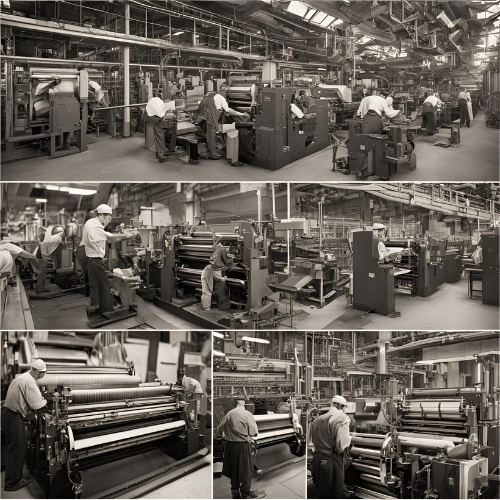
Introduction to Rubber Rollers
Rubber rollers play a pivotal role in various industrial processes, ensuring efficiency and precision across a range of applications. From printing and packaging to textile and paper manufacturing, these vital components are indispensable in modern machinery.
What Are Rubber Rollers?
Rubber rollers are cylindrical components made from various types of rubber materials, specifically designed to carry out specific tasks in industrial settings. Commonly used materials include nitrile, silicone, and EPDM, each offering unique properties that enhance performance in specific applications. Rubber rollers are essential for providing traction, managing tension, and supporting the movement of materials.
Applications of Rubber Rollers
The applications of rubber rollers in manufacturing are vast and varied:
- Printing Industry: Rubber rollers are crucial in ensuring even ink distribution and clarity in printed materials.
- Packaging Industry: They help in smooth material handling, facilitating the movement of items along production lines.
- Textile and Paper Manufacturing: Rubber rollers provide essential tension control and guide fabrics or paper through machines.
Advantages of Using Rubber Rollers
Industries benefit greatly from the durability and longevity of industrial rubber rollers. They possess significant resistance to chemicals and wear, ensuring a long operational life. Additionally, they are cost-effective and easy to maintain, making them a preferred choice for companies looking to boost efficiency while minimizing downtime.
Conclusion
In conclusion, rubber rollers are crucial components in industrial manufacturing, contributing to optimal performance and consistent output. By choosing high-quality rubber rollers, businesses can significantly enhance their operational efficiency and reliability.
